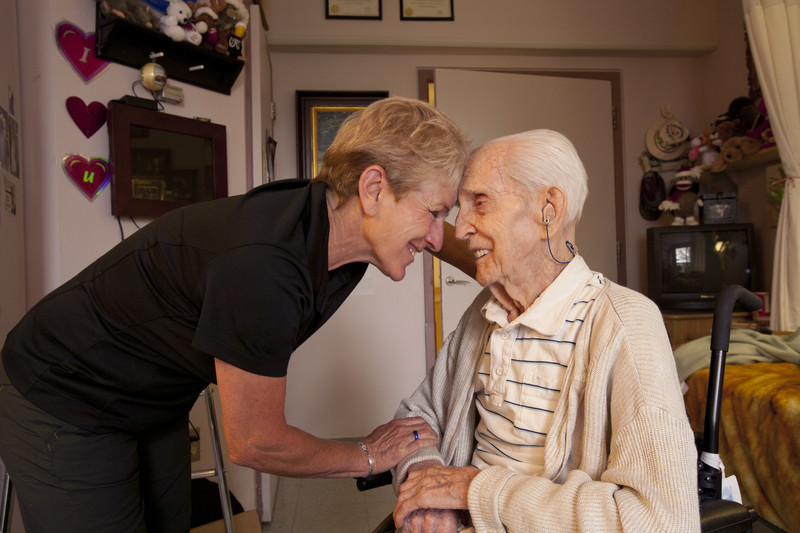Dementia Care for Memory Loss Disease
Uncategorized | November 16, 2017
Aging adults anticipate a life of excitement after retirement or as they age. Travel opportunities, time spent with family, grandkids and engaging in favorite hobbies are among those highly anticipated expectations. When things go as planned, each day is a new beginning.
For some, things don’t always go as planned, and each day becomes more challenging. This is exactly what life with memory loss disease is like for seniors. Your aging loved ones need quality dementia care once the diagnosis is given. If you suspect that your family member may be experiencing a loss of memory associated with dementia, you should know what signs and symptoms to expect. Here are a few to look out for:
-
Easily Forget Things – your aging loved one may begin to easily forget simple day to day things, such as name of family members and others.
-
Poor Decision Making – dementia affects the way people think, and it makes it difficult for seniors to make sound decisions or use their better judgement. It may become quite common for them to stop doing the things they normally do for themselves, such as bathe, brush their teeth or groom their hair.
-
Sadness – the disease is life changing, which makes depression and sadness very common. Being depressed for long periods of time without explanation could be a sign that your senior has dementia.
Let’s Talk
One of the most common emotions associated with dementia is fear, which is quite understandable. Your senior loved one will not understand the changes and challenges that are taking place in their life. Many of the things they once did, they will no longer have the desire or understand how to do. It is important for family members to explain the changes and let them know that they will have the support of family and friends
Here are a few tips to follow when speaking with seniors about memory loss illness:
-
Talk with the family and the senior to address all concerns once: the more information the family has, the better prepared and equipped they are to help.
-
Reassure the senior that though things are changing, they have the support of family: your aging loved one will need all the compassion and help they can get during this time.
-
Write down potential answers for questions the senior or other family members may have: it helps to have answers on hand for potential questions to prevent awkward pauses or misinformation.
-
Avoid making light of the illness: as time passes, symptoms and the disease will become worse. Make certain they understand this.
Loving and compassionate dementia care plays a major role in coping with disease. Acquire as much knowledge and insight as possible to become a strong support system for your loved ones who have memory loss diseases. If you would like to inquire about getting dementia care for our loved one, contact us anytime, we are available 24/7
Individualized Home Care Options
Long-Term Home Care, 24 Hour Home Care & Short Term Care Options Customized for You







